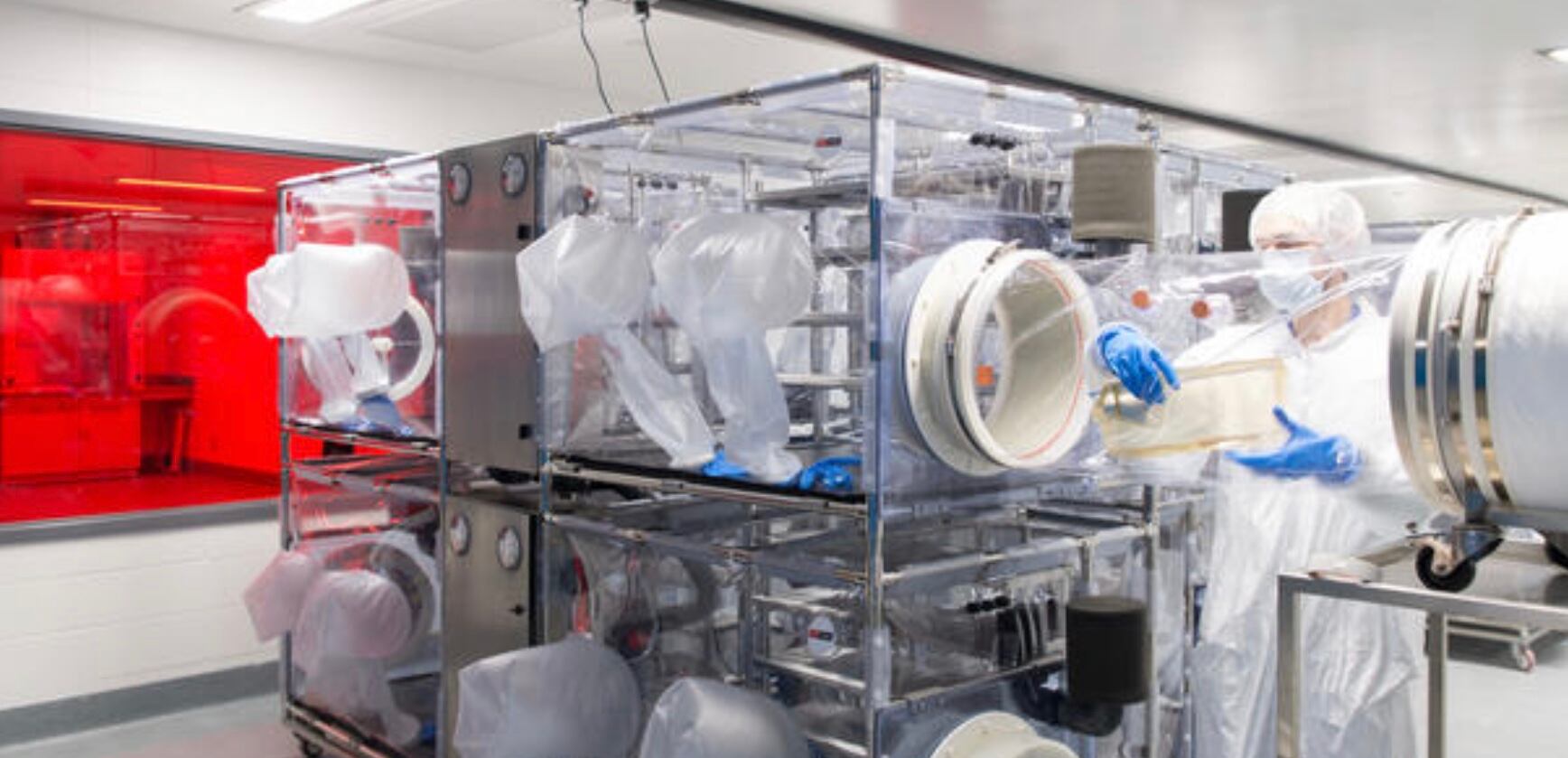The findings, published in the journal Science, show how immunotherapy combined with specific microbial therapy allows the immune system to zero in on and attack cancer cells in some melanoma, bladder and colorectal cancers.
Leading microbiome expert Dr. Kathy McCoy, PhD and team focused on harnessing the power of the microbiome to improve health. McCoy said in order to do so, scientists need to better understand the role bacteria play in regulating the immune system.
Recent studies suggest that gut microbiota can positively affect anti-tumor immunity and improve the effectiveness of immunotherapy in treating certain cancers, however, the bacteria behind it was unknown — until now.
“We’ve been able to build on that work by showing how certain bacteria enhance the ability of T-cells, the body’s immunity soldiers that attack and destroy cancerous cells,” said McCoy, director of the International Microbiome Centre at the University of Calgary and principal investigator on the study.
Dr. Mark JS Miller, president of Kaiviti Consulting, LLC, told us this research has implications that stretch far beyond cancer. “We are at a stage where the interconnected roles of the microbiome and the various systems that govern health and wellness are becoming more complex, yet more vital.”
Study details
The first step researchers took was identifying bacterial species that were associated with colorectal cancer tumours when treated with immunotherapy.
“Several species of intestinal bacteria have been associated with enhanced efficacy of checkpoint blockade immunotherapy, but the underlying mechanisms by which the microbiome enhances anti-tumor immunity is unclear. Here, we isolated three bacterial species, including Bifidobacterium pseudolongum, Lactobacillus johnsonii and Olsenella species, that significantly enhanced efficacy of immune checkpoint inhibitors in four mouse models of cancer,” explained the authors.
The team introduced the Bifidobacterium pseudolongum, Lactobacillus johnsonii and Olsenella species bacteria along with immune checkpoint blockade, a type of cancer immunotherapy, to the germ-free mice.
Gut bacteria can enhance immunotherapy
According to their findings, specific bacteria were key in making the immunotherapy work.
“We found that intestinal B. pseudolongum modulated enhanced immunotherapy response through production of the metabolite inosine. Decreased gut barrier function induced by immunotherapy increased systemic translocation of inosine and activated anti-tumor T cells. The effect of inosine was dependent on T cell expression of the adenosine A2A receptor and required costimulation. Collectively, our study identifies a novel microbial metabolite-immune pathway that is activated by immunotherapy that may be exploited to develop microbial-based adjuvant therapies,” explained the authors.
According to the report, the specific bacteria shrank the tumors significantly. Immunotherapy had no effect on the subjects who did not receive the beneficial bacteria.
“We found that these bacteria produce a small molecule, called inosine,” said Dr. Lukas Mager, MD, PhD, senior postdoctoral researcher in the McCoy lab and first author on the study. “Inosine interacts directly with T-cells and together with immunotherapy, it improves the effectiveness of that treatment, in some cases destroying all the colorectal cancer cells.”
The researchers validated their findings in bladder cancer and melanoma.
“The microbiome is an amazing collection of billions of bacteria that live within and around us every day,” said McCoy. “We are in the early stage of fully understanding how we can use this new knowledge to improve efficacy and safety of anti-cancer therapy and improve cancer patient survival and well-being.”
The researchers conclude “Although isolated from mice, all three ICB-promoting bacteria are also found in humans, indicating their potential for translation,” adding that their next step will be to study their findings in human subjects.
The research may present product development opportunities for the dietary supplement industry
Miller noted that “Cancer — the marketing taboo “C” word, presents a challenge to the dietary supplement industry. While executives like to push boundaries, the vast majority appreciate that cancer is a ‘no go’ area. So how can we use this research to promote the importance of the microbiome, supplements and nutrition?”
Miller, who has a background in research but not part of this study, said one way to promote the microbiome’s significance is to bridge the gap with physicians in the management of cancer. “While historically cancer management has been focused on chemotherapy, the new advances in immunotherapy are exciting and effective. With the understanding that for these Immune Checkpoint Blockade therapies to be effective, they require the help of certain bacteria, then the conversation changes.”
“Why wait until cancer and tumors are present?” Asked Miller. “Focusing on preventative medicine via microbiome management should be front and center in our interactions with all healthcare providers and public health policy.”
Broader implications for the dietary supplement industry
Miller pointed out that one of the interesting aspects in this study is that the importance of these three bacteria were not readily apparent from an evaluation of fecal diversity. “One had to mine deeper and extract the bacteria present in the tumors, and then define which ones provide critical functionality. For the supplement industry, we learn that the true benefits of certain bacterial species may be masked and require a deeper evaluation of their role.”
He continued, “There is a strong emphasis that our health is affected by the status of our microbiome, a theme that needs steady reinforcement. Bacteria are not just merely present to help digest food that would otherwise not provide us calories or nutritional benefits. What is clear is that the microbiome provides critical functionality to our immune system, without it, we are deeply compromised.”
Source: Science
(2020) DOI: 10.1126/science.abc3421
“Microbiome-derived inosine modulates response to checkpoint inhibitor immunotherapy”
Authors: L. F. Mager et al

